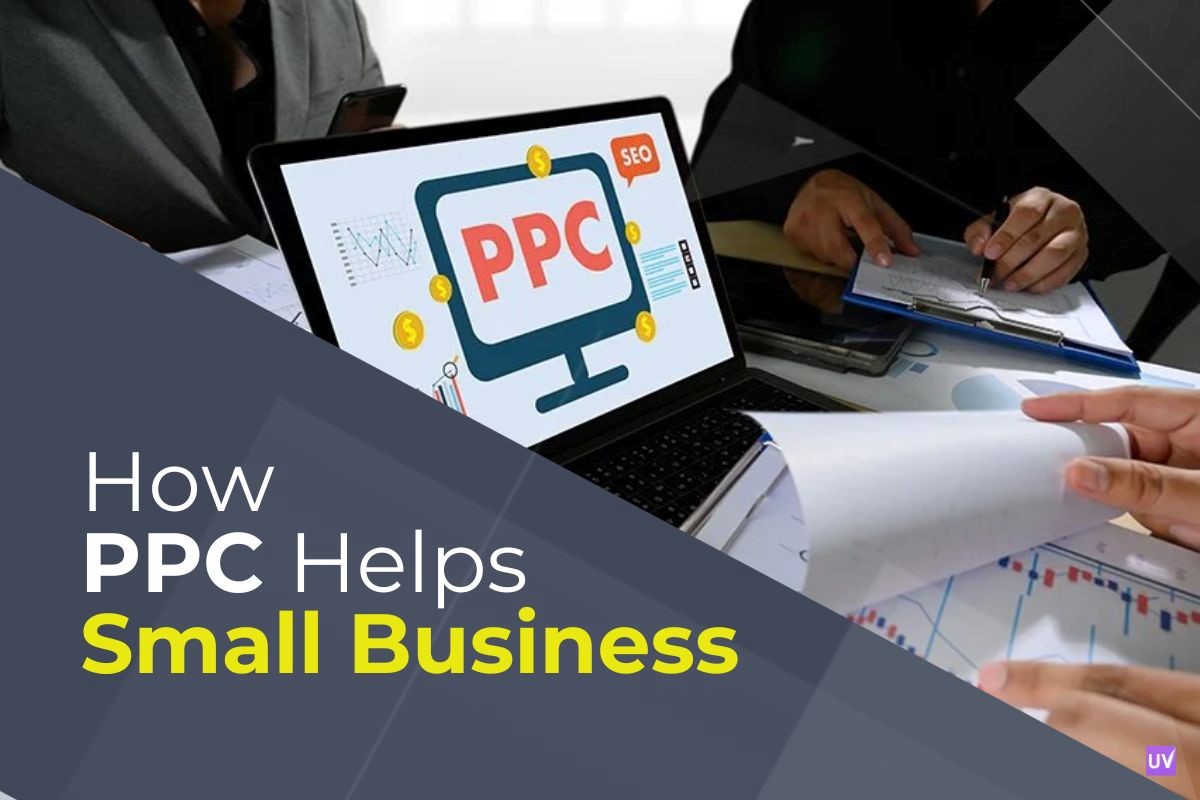In the dynamic world of digital marketing, Pay-Per-Click (PPC) advertising has emerged as a game-changer for small businesses.
According to recent statistics, a staggering 45% of small businesses are utilizing PPC advertising to boost their online presence.
What’s even more compelling is that businesses typically earn $2 for every $1 spent on Google Ads.
This statistic underscores the potential ROI that PPC can deliver. In this comprehensive guide, we’ll delve into the manifold ways PPC can revolutionize small businesses, exploring each key aspect that contributes to its success.
Digital Advertising for Small Business: 10 Points to Remember!
- Strategic Entry: Crafting a Targeted Launch for Maximum Impact
Initiating your PPC journey strategically is akin to laying the foundation for a skyscraper.
Instead of leaping into the vast expanse of online advertising, it’s prudent to start with a targeted approach.
Small businesses, such as boutique shops, can strategically unveil new products or services to gauge market response.
For instance, a boutique introducing a sustainable clothing line might choose to focus its initial PPC efforts on this particular collection, ensuring a nuanced launch and maximizing the impact on its environmentally conscious audience.
- Precision Crafting: Tailoring Ad Copies and Landing Pages for Audience Connection
Precision is the heartbeat of successful PPC campaigns.
The beauty lies in crafting ad copies and landing pages that not only convey messages but deeply resonate with the target audience.
Picture a fitness center creating ad copies with slogans like “Transform Your Workout,” a precise message that addresses the aspirations and pain points of users seeking innovative fitness solutions.
This tailored approach goes beyond generic advertising, forging a stronger connection with the audience and increasing the likelihood of conversion.
- Cost-Efficient Exposure: Maximizing ROI with Pay-Per-Click Efficiency
A cornerstone benefit of PPC for small businesses is its cost-effectiveness.
The essence lies in paying only for tangible results, specifically, the clicks received.
This financial model ensures that every dollar spent is a strategic investment.
Consider a small photography studio, for example, focusing on keywords like “professional photo shoots.”
With this approach, the studio pays only when genuine interest is expressed, making each click a valuable step towards maximizing return on investment (ROI).
- Captivating Messaging: Standing Out in the Digital Crowd
In the vast landscape of online advertising, standing out is imperative.
Crafting ad copies that not only convey messages but also captivate attention is an art.
Imagine a travel agency using phrases like “Explore Your Dream Destination,” a message designed to evoke wanderlust and prompt meaningful user engagement.
Captivating messaging is the beacon that draws users into the narrative, setting the stage for a deeper connection and fostering brand loyalty.
- Geo-Targeting Success: Harnessing Locational Keywords for Precision Marketing

Geo-targeting is the compass guiding PPC campaigns to success.
Utilizing locational keywords ensures that businesses reach their desired audience in specific geographic locations.
For instance, a local restaurant incorporating terms like “authentic cuisine in [city]” ensures that PPC ads resonate with potential customers in the vicinity.
This not only drives foot traffic but establishes a local presence, a crucial aspect for small businesses seeking to solidify their community roots.
- Persuasive CTAs: Guiding Users Seamlessly Towards Conversion
Crafting a compelling Call-to-Action (CTA) is the linchpin of PPC success.
A well-crafted CTA guides users seamlessly toward desired actions, maximizing the chances of conversion.
Picture a software company using “Unlock Your Free Trial” as a CTA, inviting users to explore the product with a risk-free trial. This persuasive approach not only encourages user interaction but also transforms clicks into meaningful steps along the conversion journey.
- Continuous Analysis: Adapting Strategies Through Real-Time Monitoring
The evolution of PPC success is rooted in continuous analysis.
Real-time monitoring and adaptation based on data insights are critical.
Consider a fashion boutique that discovers through real-time data analysis that “trendy outfits” outperform “classic styles.”
This dynamic understanding prompts a strategic shift in the PPC approach, aligning campaigns with evolving customer preferences.
Continuous analysis transforms PPC from a static tool to a dynamic and responsive strategy.
- Professional Guidance: Navigating the PPC Landscape with Expert Support

In the intricate landscape of PPC, professional guidance is a compass for small business owners.
Enlisting the services of a PPC agency for small businesses or PPC marketing services can be a transformative decision.
Imagine a startup offering online courses in India securing the expertise of PPC professionals from PPC Services India.
This strategic partnership allows the startup to fine-tune targeting strategies, ensure effective budget allocation, and navigate the intricacies of the PPC landscape with finesse.
- Relational Engagement: Forging Deeper Connections Beyond Transactions
In the digital era, PPC goes beyond mere transactions; it becomes a tool for forging meaningful connections.
Use PPC not just to sell products but to communicate your brand story, values, and unique selling propositions.
Picture a sustainable products retailer using PPC to convey its commitment to eco-friendly practices, fostering a loyal customer base invested in supporting environmentally conscious businesses.
Relational engagement through PPC transcends the transactional, building a community around shared values.
- Brand Cohesion: Establishing a Unified Brand Image Across PPC Campaigns
PPC serves as a dynamic canvas for effective branding.
Establishing brand cohesion across ads is not just about visuals; it’s about crafting a unified brand identity.
Imagine an artisanal bakery maintaining consistency in messaging and visuals across PPC campaigns.
This cohesion reinforces the brand’s identity, building trust and increasing the likelihood of brand recall and customer loyalty.
A cohesive brand image through PPC is not just memorable; it’s a powerful tool for sustained success in the competitive digital landscape.
Summing Up!
The advantages are numerous when it comes to PPC management for small businesses.
PPC for small businesses is a powerful growth technique due to its low cost and ability to reach a specific demographic.
Small business’s PPC marketing may maximize the power of pay-per-click (PPC) advertising by following the advice in this book and, if necessary, hiring experts to handle the campaign. This will help them shine online.
Take advantage of pay-per-click advertising and see your small business flourish in the cutthroat world of online marketing.



